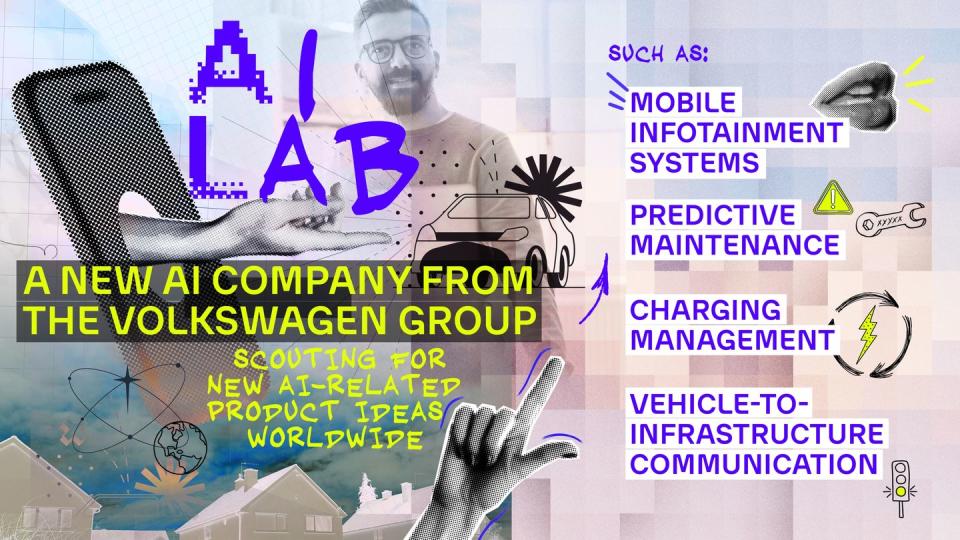Here’s Where VW’s New AI Company Will Focus Its Work

VW Group launches AI Lab that will identify new product ideas based on artificial intelligence that could be incorporated into cars.
The new company will collaborate with the tech sector in Europe, North America, and China, and will also be able to quickly develop digital prototypes to transfer them to VW Group brands.
The VW Group aims to further develop speech recognition, as well as apply new AI tech to allow vehicles to better communicate with the home and other infrastructure when needed.
It is clear we're still in the early days of artificial intelligence playing a role in everyday automotive technology, even though we are already seeing the results of its earliest applications in features like speech recognition.
There is plenty of work to do in that particular technology alone, before you'll be able to have something resembling a normal, human conversation with your car's voice assistant.
Trying to get ahead of the curve, Volkswagen has launched a company dubbed AI Lab to act as an incubator and as a globally networked competence center, able to collaborate with tech centers on three continents.
"The objective is to rapidly develop digital prototypes and transfer them to the Group brands for implementation," the automaker said.
When it comes to AI capabilities, VW is focused on speech recognition and extended vehicle functions, including AI-optimized charging cycles for EVs. VW also hopes AI can play a role in vehicle networking, including communication with drivers' smart homes and other infrastructure.
"We aim to link external digital ecosystems with the vehicle, creating an even better product experience," said Oliver Blume, CEO of the Volkswagen Group and Porsche AG. "Collaboration with technology companies is crucially important for us. In future, we intend to simplify cooperation in organizational and cultural terms."
Among the things we'd like to see AI do in the future include instead of merely handling the dialing of phone numbers via voice command in the car, we'd like AI to call and actively talk to people (or other robots) to make appointments after receiving quick verbal instructions from us.
And while we're on the morning commute, AI could also quietly monitor a couple dozen online auction sites and search them for needed car parts and other items, describe the items via voice or show them to us via a semi-transparent head-up display, while also taking notes from us to bid on them up to certain amounts.
We'd also like AI to monitor the traffic via the vehicle's cameras that are part of a driver-assist suite, scan the traffic around it, and point out rare vehicles we like via voice notifications.
The automaker's AI Lab won't handle the actual manufacture of production models, instead identifying new product ideas linked to AI. The lab will then develop concepts with partners to build early prototypes.
Ideally, we'd also like to see AI bring about a safer and more adept consumer-oriented SAE Level 4 system that can learn your usual routes around town, and be good enough to take you from home to work and back with no driver intervention.
We have a long list of things AI could help us with while we're in the car—let's put it that way—so we hope VW is listening.
"We will pursue highly promising initiatives in the marketplace, together with partners where this is necessary, irrespective of existing arrangements and other links in series production," said Michael Steiner, Head of Research and Development of the Volkswagen Group and Member of the Executive Board, Research and Development of Porsche AG.
Will we see AI bring about a more capable Level 4 robotaxi this decade, or will robotaxis still need plenty of remote human supervision? Let us know what you think.

 Yahoo Autos
Yahoo Autos 